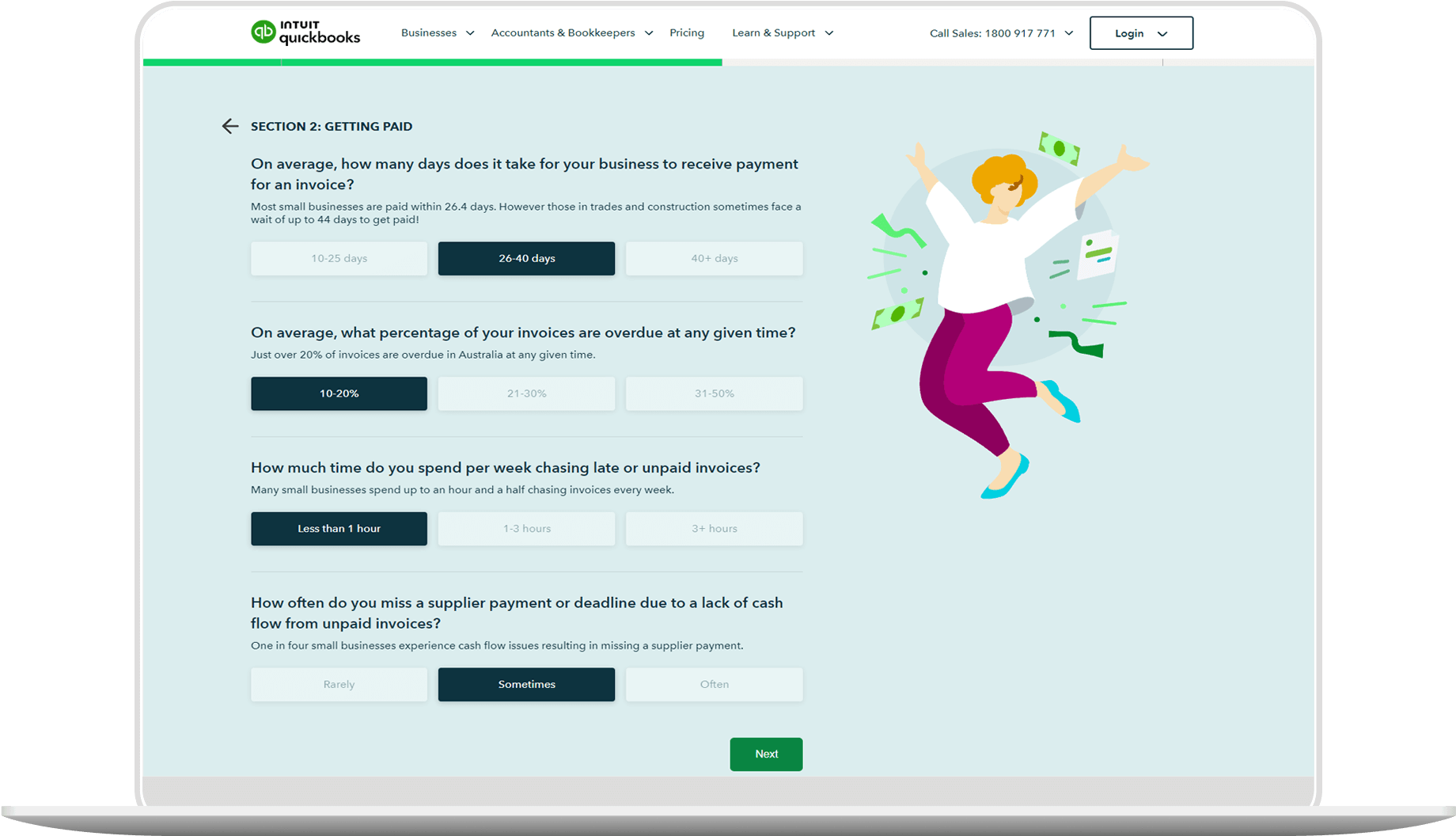If you have skills in plumbing, carpentry, electrical work or any other trade, there are lots of opportunities for those who want to start a new work life in self-employment. In this guide, we will take you through the steps to start your journey as a contractor in Australia.

How to Become a Contractor
What is a Contractor?
Before diving into the steps of becoming a contractor, let’s first go over what being a contractor will entail.
A contractor is an individual or organisation offering services to their clients based on a contract. Unlike employees, contractors work on their own and don’t have access to the same protections as an employee might have. However, this isn’t necessarily a bad thing. Contactors can set their own hours and manage their own paychecks to give themselves more flexibility in their work life.
Whether you're operating as a sole trader, running a company or involved in a partnership or trust, being a contractor essentially means managing your own small business. Let’s take a look at an example of the difference between a contractor and a business owner.
An example:
Alex is a highly skilled carpenter who works as a contractor. He directly takes on carpentry projects from clients, negotiates rates and handles his own schedule and finances. Alex specialises in constructing custom decks for homeowners, using his own tools and equipment. He then sends invoices to clients for the work he has done.
On the other hand, Sarah is the owner of a construction company that focuses on building custom homes. She supervises all projects, coordinates with different tradespeople and manages the company's finances. Unlike Alex, Sarah doesn't engage in hands-on work but instead delegates tasks to her team. She secures contracts, oversees budgeting processes, and ensures compliance with regulations.
Alex operates as an independent contractor by personally performing tasks himself. Whereas Sarah owns and manages a construction company where she oversees projects and teams of workers.
How to Become a Contractor
Now that you have a basic understanding of what a contractor is, let's look into the steps you need to take to start your journey.
Obtain Required Licences
Before you can become a contractor, you need to ensure that you have the necessary licences and permits to operate legally in your state or territory. The specific licences and permits required may vary depending on the type of contracting work you will be doing. You can find the necessary licences and permits you may need by using the Australian Business Licence and Information Services (ABLIS) tool.
Obtain an ABN
An Australian Business Number (ABN) identification code is necessary for starting your independent business in Australia and is mandatory for tasks like invoicing your clients. You can get an ABN online through the Australian Business Register (ABR) website.
Register Your Business
If the name of your business is different from your personal name you will need to register your business with the Australian Securities and Investments Commission (ASIC). You can do this through the ASIC Connect website.
Consider GST Registration
Depending on the amount of money your business makes each year, you might have to register for the Goods and Services Tax (GST). If your earnings go beyond $75,000, it's compulsory to register for GST. If your income is lower than that, you still have the option to voluntarily register.
Get Your Finances in Order
As a contractor, it will be your responsibility to handle your own finances, which includes keeping a record of your earnings, expenditures and taxes. This is where accounting software like QuickBooks can help you.
How QuickBooks Can Help New Contractors
When you're starting out as a contractor, managing your finances can feel overwhelming. But there's no need to worry! QuickBooks is an accounting software that operates on the cloud and can help make things simpler for new contractors like you. It lets you focus on what you excel at – delivering top notch work to your clients. Here's how QuickBooks can lend a hand:
1. Creating Professional Invoices
With QuickBooks, you can whip up professional and polished invoices quickly and send them straight to your clients. You'll also have the ability to keep tabs on the status of your invoices and set up reminders for overdue payments.
2. Effortless Expense Tracking
Keeping a record of your business expenses becomes effortless with QuickBooks. All it takes is a quick snapshot of your receipts using the mobile app and QuickBooks will automatically sort and organise them for you.
3. Staying Tax Compliant
QuickBooks ensures that staying on top of your tax obligations is easy by automatically calculating GST and generating reports for BAS (Business Activity Statement) lodgement purposes.
4. Informative Financial Reports
Gain valuable insights into how well your business is performing with the financial reports offered by QuickBooks. You'll have access to various reporting options like profit and loss statements, balance sheets and cash flow reports.
5. Time Tracking Made Easy
If billing by the hour is part of your practice, no worries! QuickBooks Time allows you to record and bill for the time spent on all your different projects.
Sign up for QuickBooks Online Today
Looking to simplify your accounting tasks? Join QuickBooks now and discover how easy it can be to handle your finances as a contractor. With features tailored for contractors, QuickBooks is a solution for the self-employed seeking to streamline their accounting tasks. Sign up now to boost your success as a new contractor.
FAQs
Related Articles

TAKE A NO-COMMITMENT TEST DRIVE
Your free 30-day trial awaits
Our customers save an average of 9 hours per week with QuickBooks invoicing*
By entering your email, you are agree to our Terms and acknowledge our Privacy Statement.


















